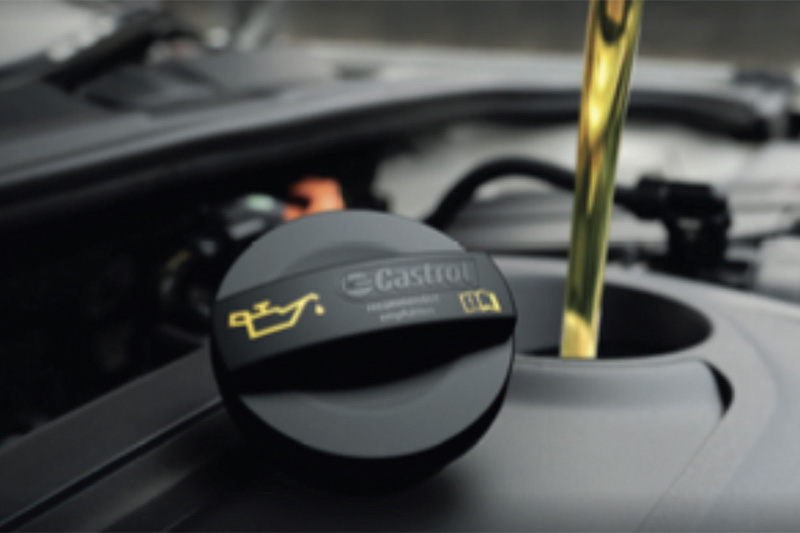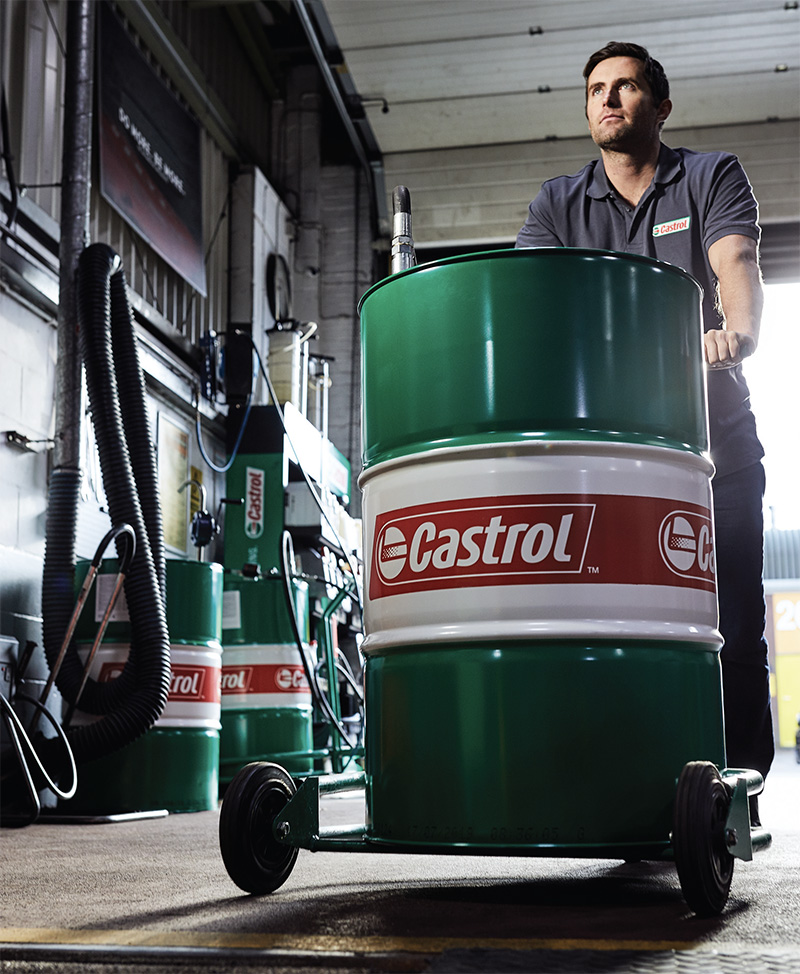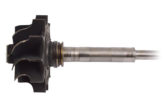
Castrol educates the PMM audience on the complex topic of EV transmission fluids.
To what extent will the cost and practical measures needed for high volume oil usage and recycling be dispensed with?
As electric vehicles (EVs) progressively penetrate the auto market, we will see a significant increase in EV fluid consumption which used to consist mainly of transmission fluids and coolants/thermal fluids. EV drivers will need to change transmission fluid at some point depending on the EV model, costs associated with this process will be similar to the current ICE transmission. Therefore, we do not see any incremental costs associated with this activity.
How might technicians be able to operate differently to become more efficient with the different nature of jobs being carried out?
Mechanics will need to learn new skills and Castrol is developing training to support mechanics in this regard. The change has already started. Several OEM workshops are now looking at being EV ready both from a skills and safety viewpoint and we are actively looking at making Independent Workshop mechanics EV ready. This year we’re planning to launch EV 101 training in several markets like India, Nordics, Parts of Europe. Castrol would like to be at the forefront of EV transformation, and skills and knowledge upgrade is the first step.
How quickly should all workshops be looking to make changes and how drastic will they be by the end of the decade?
Aftersales departments will have to consider the evolving vehicle parc and whilst implementing EV-centric initiatives will have to consider legacy ICE vehicle requirements which will remain significant over the near to mid-future. There will still be a huge ICE car park for years to come.
Technicians of today will have to go through skills upgrade to be able to service EV cars of tomorrow. Some of the trainings we are engaged in will help build their confidence as well as understanding safety related protocols for EVs. For example, the importance of PPE.

EVs still need transmission, thermal management fluids etc. Could you talk a bit about how the supply of fluids/oils will change in the next 10 years and beyond? Is the same disposal equipment needed for EV fluids?
We’re still in the early days of EV fluid life cycles but what we do know is that despite the differences in application, thermal management fluids depend on the battery technology in use. Indirectly cooled batteries typically use water/glycol mixes – as used in ICE cooling systems and therefore supplied and disposed of in the same way. Directly cooled batteries will use dielectric fluids like Castrol ON Thermal Management EV Fluid and could be disposed of in a similar way as engine or transmission oils. However, Castrol ON thermal management fluids are being designed from the outset to be recyclable. During use they will pick up less contaminants than conventional engine oils, meaning they should be more straight-forward and use less energy to re-process. The fluid collection and recycling infrastructure will have to keep pace with fluid demand in order to realise this benefit. Our carbon reduction plans include exploring options to help drive a shift in used oil collection and end of use treatment in key markets and reducing our packaging and optimising distribution.
In the transmission area, oils like Castrol ON EV Transmission Fluid are an evolution of conventional transmission fluids but optimised for the new mix of mechanical and electrical protection that is required, whilst maximising efficiency. Supply and disposal will be nominally the same, against a backdrop of improved sustainability efforts across the supply chain.
One development that could impact the EV fluid portfolio is bio-derived fluids – sourcing hydrocarbons and other materials from sustainable feeds. This is not intrinsically linked to EV fluids but is a parallel development that helps reduce the environmental impact of EVs beyond just their power source.
Can you talk further about the profit impact on oils, as well as aftersales departments generally caused by the switch to EVs?
The increase in the number of BEVs, HEVs, and PHEVs will lead to an increase in EV fluid consumption, particularly at the factory fill point. However, in the long term, it will not offset the reduction in ICE fluids demand mainly due to the absence of engine oil in the BEV models. From the aftermarket perspective, the frequency of change for both transmission fluids and coolants/thermal are either low or fill for life and it’ll lead to a drop in aftermarket for fluids for BEVs. HEV and PHEVs still do have an engine and will require engine oil, though at lesser quantities than ICE vehicles. Having said that, there could be other avenues of maintenance that could increase such as servicing of brakes/brake maintenance.









